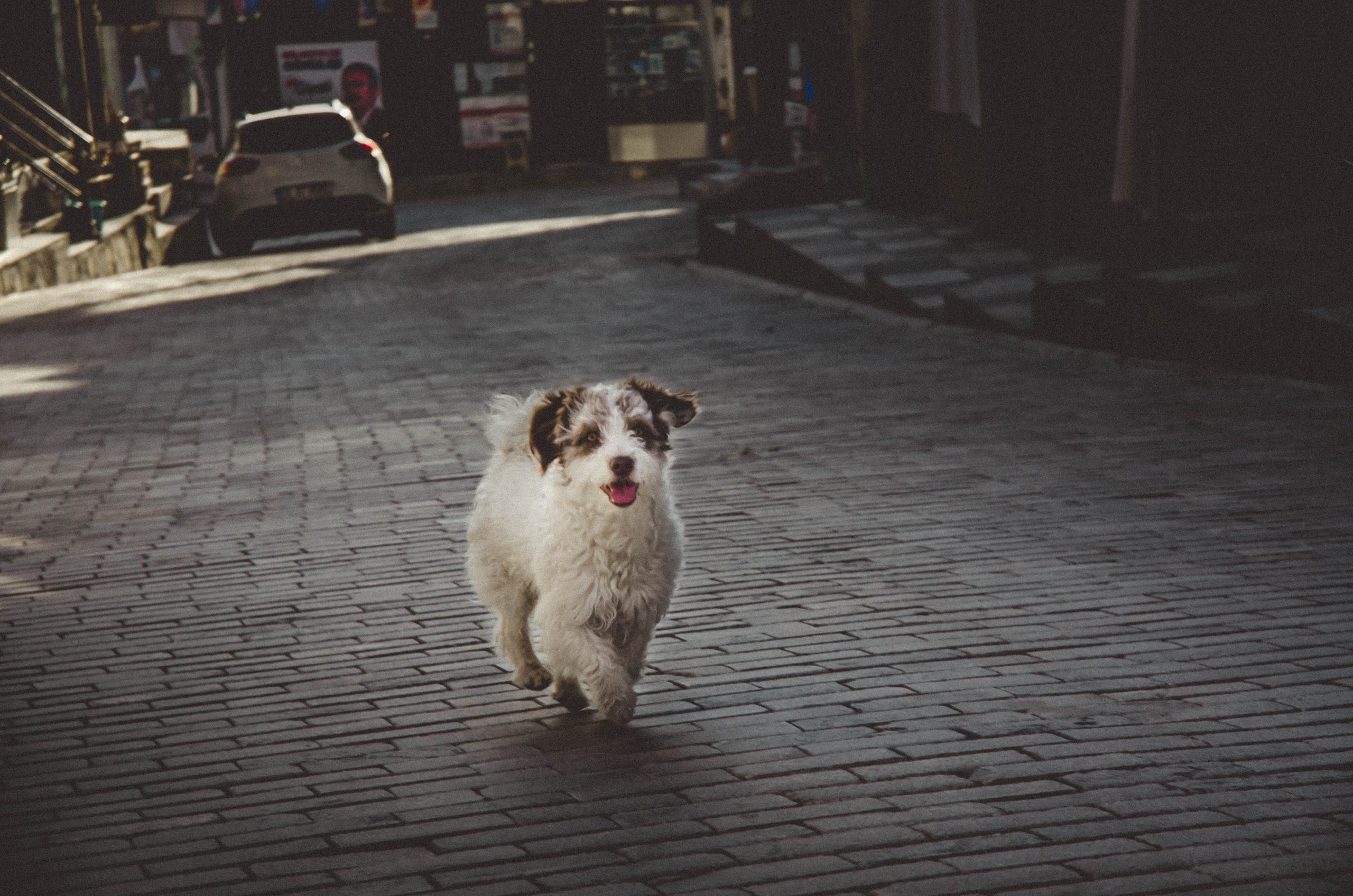Fleas can pose a significant challenge for puppies and their owners. These tiny parasites not only cause discomfort but can lead to serious health issues if not addressed. If your puppy is scratching more than usual or you spot small dark specks in their fur, it’s likely they have fleas. Taking prompt action is essential for your puppy’s well-being.
Recognizing Fleas
The first step in tackling a flea problem is to confirm their presence. Look for signs such as excessive scratching, biting at the skin, and patches of hair loss. You may also find flea dirt, which appears as small black specks, in your puppy’s fur or bedding. Immediate action is crucial upon suspicion of fleas.
Treatment Options
A combination of topical treatments, oral medications, and environmental management proves most effective in treating fleas on puppies. Many flea treatments are specifically formulated for young dogs, making it imperative to choose products that are safe for your puppy’s age and weight. Consulting your veterinarian ensures you select the best options.
Topical Treatments
Topical treatments offer ease of application and effectiveness. Typically applied directly to the skin between the shoulder blades, these treatments spread through the skin oils, killing fleas on contact. Adhere strictly to the manufacturer’s instructions and verify the product is suitable for your puppy’s age. Some treatments may be too potent for very young puppies, so always check with your vet first.
Oral Medications
Oral medications provide another avenue for treating fleas. These medications work systemically, entering your puppy’s bloodstream and killing fleas when they bite. They can be particularly effective for severe infestations and often provide longer-lasting protection. Again, consulting with your veterinarian is essential for determining the safest and most effective oral medication for your puppy.
Addressing the Environment
Treating your puppy is vital, but addressing your home environment is equally important. Fleas can lay thousands of eggs, leading to a larger problem if not managed. Start by washing your puppy’s bedding, toys, and blankets in hot water to eliminate any fleas or eggs.
Regular vacuuming is crucial for controlling fleas in your home. Vacuum carpets, rugs, and upholstery to remove fleas and their eggs. Dispose of the vacuum bag or empty the canister outside to prevent any fleas from re-entering your living space. If your puppy spends time outdoors, consider treating those areas, as fleas can thrive in grass and soil. A flea spray designed for outdoor use can help reduce their population.
Utilizing Flea Traps
Flea traps, which feature a sticky surface and a light source, can also aid in reducing the flea population. These traps attract fleas, which become stuck when they jump toward the light. Placing them in areas frequented by your puppy can offer additional support in your flea control efforts.
Prevention is Key
After successfully eliminating fleas, maintaining prevention is crucial. Regular application of flea preventative treatments can help avert future infestations. Many veterinarians recommend a monthly topical or oral flea prevention treatment. Consistency is vital for keeping your puppy flea-free.
Incorporating regular grooming into your routine aids in flea prevention as well. Brushing your puppy’s coat removes loose fur, dirt, and potential fleas, while also allowing you to inspect their skin for signs of fleas or irritation. Make grooming a bonding experience with your puppy.
Seeking Professional Advice
If your puppy continues to exhibit signs of discomfort or if you’re uncertain about how to proceed, don’t hesitate to consult your veterinarian. They can offer guidance and may suggest additional treatments if the infestation is severe. Some puppies may react more severely to fleas due to allergies or other health issues, so professional advice is invaluable.
Exploring Natural Remedies
Some pet owners consider natural remedies for flea control, though these methods may not be as effective as commercial treatments. Essential oils like lavender and cedarwood may help repel fleas, but caution is necessary, as certain essential oils can be toxic to pets. Always consult your veterinarian before trying any natural remedies.
Maintaining a Clean Environment
A clean environment is essential in the fight against fleas. Regular cleaning and vacuuming can significantly reduce the chances of an infestation. Pay special attention to areas where your puppy sleeps or spends a lot of time, as keeping your living space tidy benefits both your puppy and overall home hygiene.
The Ongoing Battle
Fleas can be challenging, particularly for young puppies. Prompt action and careful attention are necessary to ensure your puppy’s comfort and health. Taking a proactive approach can make a significant difference. By combining various treatments and maintaining a clean environment, you can greatly reduce the risk of fleas infesting your puppy.
Establishing a routine to regularly check your puppy for signs of a new infestation can help catch potential issues early before they escalate.
Patience and diligence are essential in the battle against fleas. Infestations can take time to resolve, so monitoring your puppy and home throughout the process is crucial. If home treatments prove insufficient, seeking professional pest control assistance may be necessary to eradicate fleas completely.
Ultimately, cherishing your time with your puppy is important. While dealing with fleas can be frustrating, providing a safe and flea-free environment is a responsibility every pet owner should embrace. Enjoy the moments spent with your puppy, knowing that your efforts contribute to their health and happiness. Staying informed and proactive is the key to protecting your puppy from the discomfort of fleas, allowing them to enjoy a joyful, carefree life.



